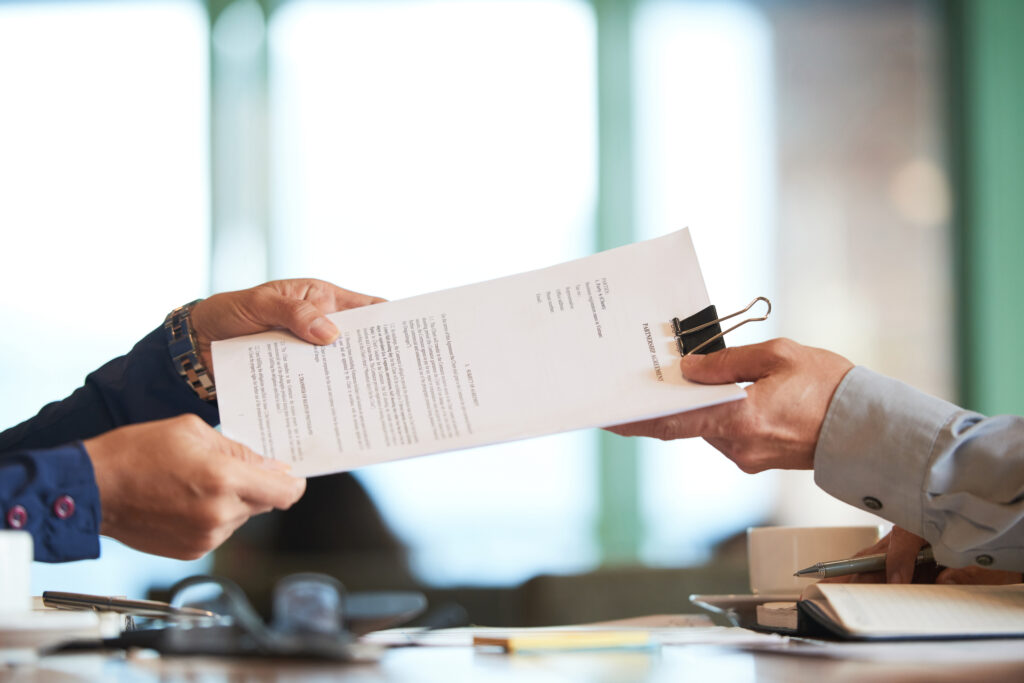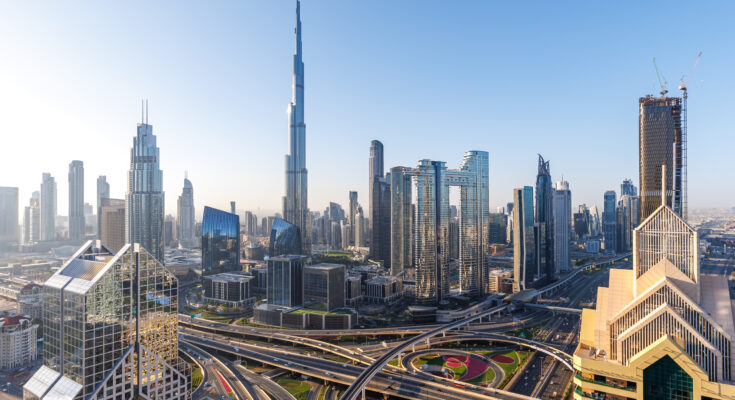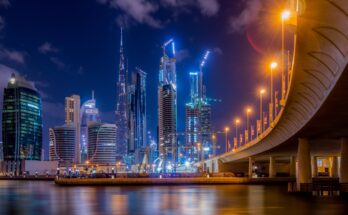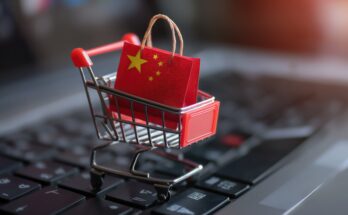When people talk about Dubai, they often mention the skyline, the lifestyle, or maybe the tax benefits. But if you’re an investor or entrepreneur, the real question is:
Where should you set up your company — Mainland or Free Zone?
It sounds simple, but this choice defines how you operate, who you can sell to, and how fast you can grow. Let’s break it down in real terms — not just rules and percentages, but what these options actually mean for your business.
Ownership: Old Myths vs New Reality
Not too long ago, foreign investors had to give 51% of their company to a local sponsor in the Mainland. That made Free Zones the obvious choice for anyone who wanted control.
But in 2021, everything changed. The UAE introduced reforms allowing 100% foreign ownership in most activities on the Mainland.
So today, whether you choose Mainland or Free Zone, you can keep full control.
But here’s the catch: certain strategic industries (energy, defense, telecoms) still need extra approvals. While the ownership debate is mostly over, your sector still matters.
Market Access: Where You Can Actually Do Business
This is the big one.
- Mainland: You can sell directly to anyone in the UAE, open a retail store in Dubai Mall, or bid for a government contract.
- Free Zone: You can trade internationally or within your zone. But if you want to sell to customers in the UAE Mainland, you need a local distributor or agent.
Here’s a scenario:
Imagine you’re opening a coffee chain.
- Mainland: You can rent a shop in Jumeirah tomorrow.
- Free Zone: You can roast beans and export worldwide, but you can’t serve lattes directly to UAE residents unless you go through a distributor.
If your market is local, Mainland wins. If you’re global, Free Zone may be the smarter play.

Licenses and Business Activities: Where You Fit In
Dubai’s Department of Economy & Tourism (DET) handles Mainland licenses, offering over 2,000 business activity codes. That covers everything from trading and logistics to healthcare and consulting.
Free Zones, though, operate differently. Each one is like a mini-ecosystem:
- DIFC is all about finance and fintech.
- DMCC is commodities and global trade.
- Dubai Internet City is for technology and startups.
- DAFZA focuses on logistics and aviation.
Ask yourself: Do I want to be in the middle of an industry cluster, or do I want total freedom across sectors?

Office Space: Flexibility vs Presence
- Mainland: You need a physical office (Ejari-registered). The bigger the office, the more visas you can get.
- Free Zone: You can often start with a flexi-desk or virtual office, which keeps costs low.
A Free Zone flexi-desk works fine if you’re a two-person consulting firm. But if you’re scaling a logistics team with 20 drivers, you’ll outgrow it quickly.
Think ahead: where will your business be in two years?
Visas and Staffing: Scaling Your Team
Mainland and Free Zones both issue investor and employee visas. But the rules differ:
- Mainland: Visa quota is tied to office size.
- Free Zone: Visa quota depends on your package.
If your business is labor-intensive, like restaurants or construction, Mainland is more practical. If you’re building a lean consulting or tech business, Free Zone keeps it simple.

Taxes: The 9% Question
Both Mainland and Free Zone companies face the new 9% corporate tax on profits above AED 375,000.
But Free Zones have an advantage: 0% tax on qualifying income, provided you meet substance rules and stay within approved activities.
That is why many holding companies and cross-border traders still pick Free Zones — the tax advantage can be significant.
Speed and Setup: How Fast Can You Start?
- Mainland: 10–14 working days if documents are in order. Regulated industries may take longer.
- Free Zone: 7–10 working days, sometimes faster for digital service companies.
So, Which One is Right for You?
- Choose Mainland if you want to trade directly in the UAE, open retail outlets or restaurants, or work with the government.
- Choose Free Zone if you are trading globally, running an online business, or want a cost-effective way to test the market.
Both options are powerful, but the right one depends on your long-term strategy.
InvestinAsia: Helping You Decide with Confidence
Setting up in Dubai isn’t just about paperwork. It’s about where your business lives, grows, and connects. At InvestinAsia, we help founders and investors cut through the noise:
- Guidance on whether Mainland or Free Zone fits your goals
- Fast licensing and approvals
- Office and visa planning that scales with your business
- Compliance, tax, and audit support
- Bank account opening and renewal services
Ready to set up in Dubai? Contact us today to start your UAE expansion plan.
Tel: (+66) 2 1188 999
Email: hello@investinasia.co.th
Website: https://investinasia.co.th



